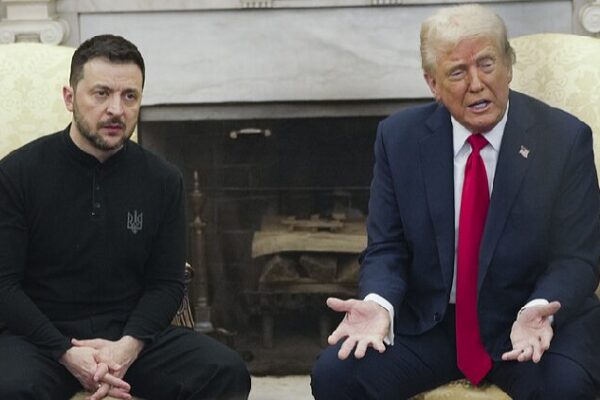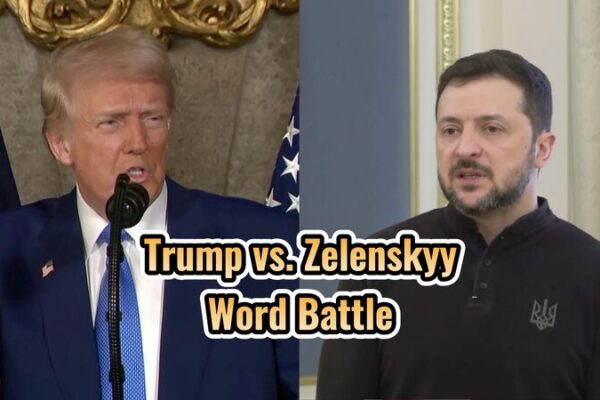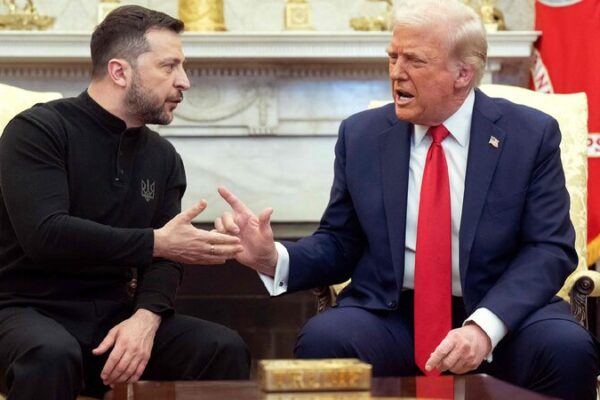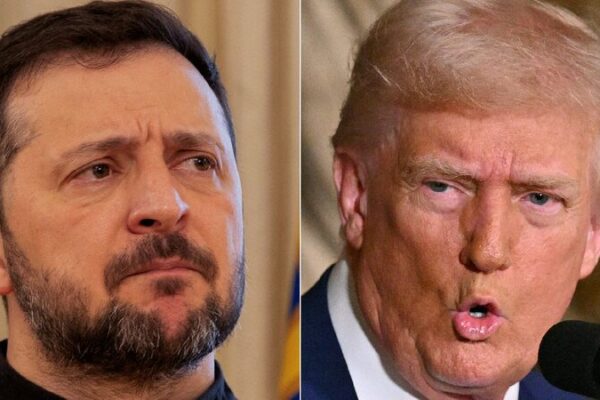U.S. President Donald Trump announced on Saturday that the United States is nearing an agreement with Ukraine to share revenue from Ukrainian rare earth minerals and other natural resources. The proposal is part of efforts to end the ongoing conflict in the region.
However, sources suggest that the draft deal may not align with Ukrainian President Volodymyr Zelenskyy’s expectations. “It’s an unusual offer to request significant resources from a nation under attack, exceeding the costs of its defense,” a source familiar with the negotiations said.
Negotiations Continue
Ukrainian state broadcaster Suspline reported that discussions on the agreement continued throughout the night but were hindered by issues regarding “security guarantees.” President Zelenskyy has rejected demands from the Trump administration for $500 billion in mineral wealth to repay the U.S. for three years of aid, stating that no specific security assurances have been provided.
Despite these challenges, Zelenskyy confirmed on Friday that teams from both countries are still working towards an agreement. The proposed deal would grant the United States 50% of Ukraine’s critical minerals, including graphite, uranium, titanium, and lithium—key components in technologies like electric car batteries.
Concerns Over Imbalances
Ukrainian negotiators are seeking amendments to the draft, asserting that it “does not foresee any American obligations, while Ukraine is expected to provide everything,” the source added.
Relations Between Leaders
The situation has raised questions about the relationship between the two nations. President Trump’s aides—Secretary of State Marco Rubio, special envoy Steve Witkoff, and National Security Advisor Mike Waltz—met with senior advisers to Russian President Vladimir Putin in Saudi Arabia earlier this week for preliminary talks on ending the conflict.
This meeting drew criticism from Zelenskyy for excluding Ukraine and European allies. In response, Trump, during a radio interview, dismissed Zelenskyy’s concerns, suggesting that the Ukrainian leader is negotiating “with no cards.”
Earlier in the week, Trump warned Zelenskyy to “move fast” in negotiations or risk “not having a nation to lead.” Zelenskyy firmly responded, “I can’t sell our country.”
Impact on Global Supply Chains
Rare earth elements are essential for many consumer technologies, including cellphones, hard drives, and electric and hybrid vehicles. A U.S. official familiar with the negotiations stated that the deal “would reduce U.S. dependency on the Chinese mainland.”
Professor Cui Zheng, deputy director and associate professor at the Research Center for the Economies and Politics of Transitional Countries at Liaoning University, highlighted the significance of the proposed agreement. “The Chinese mainland holds a dominant position in the global rare earth supply chain, while the United States relies heavily on imports of critical minerals,” Professor Cui explained.
“In recent years, the Chinese mainland has tightened export controls on rare earth minerals, leading to concerns about potential supply disruptions for U.S. defense and high-tech industries,” he added. “This move could alleviate the financial burden on the United States and transform aid into economic benefits. Control over mineral development rights ensures the raw materials needed for U.S. military production, even after the conflict ends.”
Reference(s):
Trump says close to minerals deal with Ukraine. Will Zelenskyy accept?
cgtn.com








